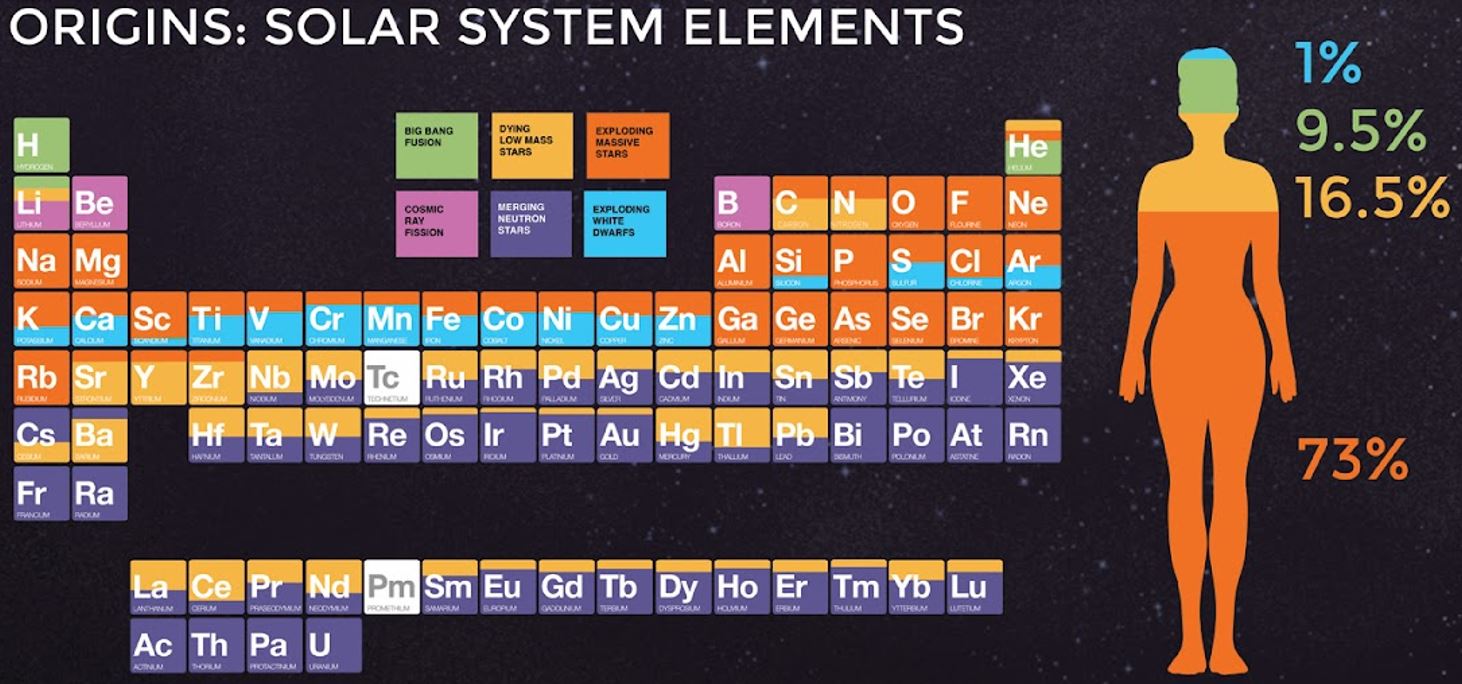Super Size Me? Science Teacher Loses 37 Lbs. Eating at McDonald’s

This article originally appeared in the Newton blog on RealClearScience. You can read the original here.
McDonald’s slogan du jour is “I’m lovin’ it.” “It,” of course, refers to the voluminous gut one grows by consistently dining at the iconic fast-food joint.
But “it” doesn’t have to be like that. Last fall, John Cisna — a science teacher from Des Moines, Iowa — ate nothing but McDonald’s for 90 days and wound up losing 37 pounds! Hold the mustard! How the heck can that be right?
Here’s how: With the help of three of his students, Cisna simply planned and followed a diet that totaled no more than 2,000 calories each day and closely mirrored the reference daily intakes of carbohydrates, protein, fat, and cholesterol. Mind you, he didn’t merely scarf a single meal to sate those requirements; he savored three square meals each day! A typical day’s sustenance varied, but it would typically include two egg white delight McMuffins, a bowl of maple oatmeal, and a 1% milk for breakfast; a salad for lunch; and a value meal for dinner.
“So this isn’t something where you say, ‘well he went to McDonalds and he only had the salads.’ No, I had the Big Macs, the quarter pounders with cheese. I had sundaes, I had ice cream cones,” Cisna told KCCI.
Also included in Cisna’s self-experiment were 45 minutes of daily walking. Moreover, the teacher dutifully tracked his meals and exercise in an Excel spreadsheet. By the end of the 90 days, he was 37 pounds slimmer, and his LDL (bad) cholesterol had plummeted by 60 points.
Cisna’s experience provides a damning rebuttal to Morgan Spurlock’s Super Size Me and a sumptuous anecdote to what health researchers have been saying for years: eating a sensible diet and exercising daily leads to a healthier existence. Adopting such a lifestyle brings almostimmediate benefits. Conditions like osteoarthritis, diabetes, and hypertension may be reduced in severity or even eliminated altogether. One will also enjoy — among many other advantages — boosted energy levels, better sleep, reduced levels of depression, and a leaner physique.
Research published in the New England Journal of Medicine in 2009 demonstrated that reduced calorie diets, regardless of their composition, engender significant and sustained weight loss. So who’s to say that food from restaurants like McDonald’s, Kentucky Fried Chicken, or Taco Bell can’t constitute a significant portion of such a diet? The fact is, it can.
Still, it is hard for the average person to eat healthily when dining out. Fast food is often laden with fat and loaded with salt. Higher fat content makes food more calorie dense and concurrently spurs us to overeat, while excess salt intake is a key driver of high blood pressure. But with the help of nutrition guides, diners can navigate menu choices and select meals right for them — some establishments make that easy, while others do not. Devilish combo meals are also a barrier to healthy eating. Often a better value than piecing a meal together a la carte, combos also make it very easy for customers to mindlessly slurp down calories via the ginormous soft drinks that accompany them. To overcome the allure, customers must exert self-control at the ordering counter. Choose the small. Get water instead of soda. Sadly, self-control isn’t something that the vast majority of humans excel at.
As Cisna’s example shows, it seems that one can exist — even thrive — on a diet of fast food. The food itself isn’t the problem. How it’s marketed, and how we consume it, is. Restaurants need to make it easier for customers to make good choices. But most importantly, customers must themselves make healthy decisions.
“We all have choices. It’s our choices that make us fat, not McDonald’s,” Cisna told KCCI.
McDonald’s publicists would be wise to contact Cisna right away and post his meal plans online. Thousands of Americans would undoubtedly jump at the opportunity to slim up by going on a McDiet.
(Image: Shutterstock)





